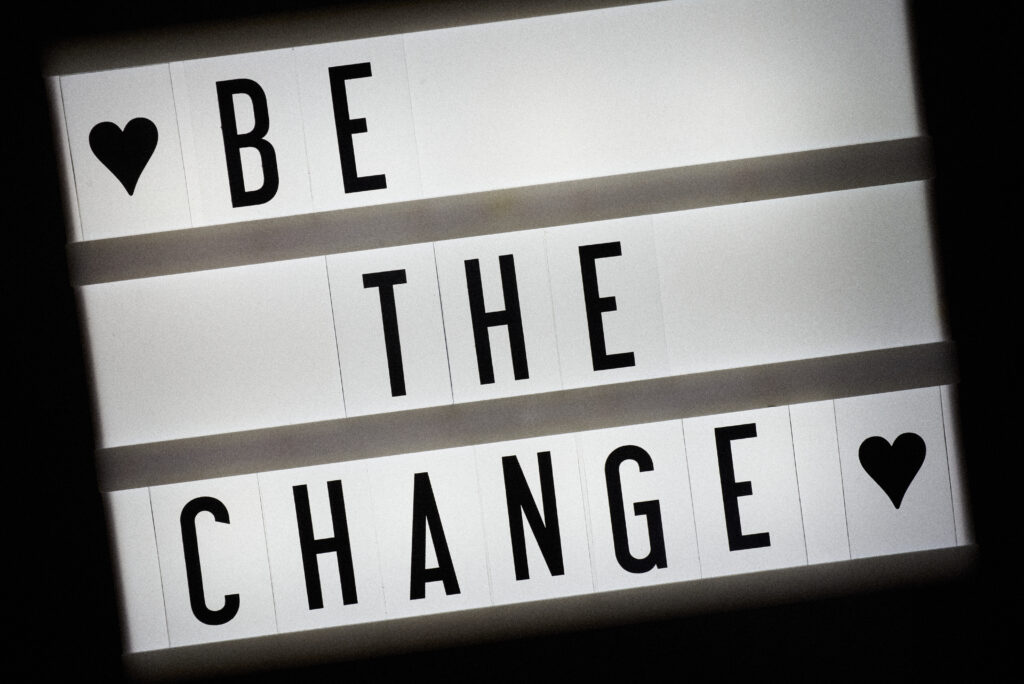
“We believe in the untapped potential of young people and youth service.”
-Ryan & Thomas Growney SG’24
We recently had the pleasure of participating in a panel discussion on youth service as part of the Catalysing Change Week 2023 organized by Catalyst 2030. We were joined by some incredible minds in the field of service and youth development, and we were honored to be part of such an inspiring conversation.
In this blog post, we will share a recap of the panel discussion, including the key takeaways and highlights from each of the four parts of the conversation. We will also share some of our reflections on the topics discussed and some hopes for the future of youth service.
Understanding Youth Service
We strongly believe that youth service can provide young people with valuable skills, experiences, and opportunities to contribute to their communities and the world. It is not just about giving back, but it is also about empowering young people to harness the power of their existing strengths and resources to take charge of their future.
During the discussion, we highlighted the importance of youth service in shaping the future of our society. We pointed out that youth service can provide young people with an opportunity to develop a sense of purpose and belonging, which is essential for their mental and emotional well-being. By engaging in service, young people can develop their problem-solving skills, empathy, and ability to work with others, all of which are critical for success in the 21st century.
We believe that youth service is a powerful engine for creating positive change in our communities and the world. By engaging in service, young people can develop a deep understanding of the challenges facing our society and the skills needed to address them. They can also gain valuable experience in leadership, teamwork, and communication, which are essential for success in any field.
Moreover, youth service can also provide young people with a platform to express their unique perspectives and ideas. It can help them build confidence in their abilities and develop a sense of agency, which is crucial for their personal growth and development. By empowering young people to take action and make a difference in their communities, youth service can inspire a new generation of leaders and changemakers who are committed to creating a better world for all.
One key takeaway from this discussion was that youth service programs need to be tailored to the needs and interests of the young people they serve.
As we discussed, young people are more likely to engage and feel invested in a service program if it aligns with their interests and passions.
The purpose of youth service is to empower young people to be changemakers in their lives and communities. This can only be achieved if young people are given the opportunity to take ownership of their service experiences and feel that their input is valued. By creating service programs that are tailored to the interests and needs of young people, we can help them develop a sense of agency and purpose, which can ultimately lead to greater engagement and impact.
Service programs should also take into account the diverse backgrounds and experiences of the young people they serve. For example, programs serving young people from low-income communities may need to provide additional support and resources to ensure that all participants can fully engage and benefit from the experience.
Overall, the panel agreed that a personalized approach to youth service is essential for creating meaningful experiences that can inspire and empower young people to become changemakers. After all, young people are not just future leaders, they are leaders today. We need to create more meaningful opportunities for them to lead and make a difference in their lives and communities.
Challenges, Opportunities, and the Future of Youth Service
As our discussion continued, we acknowledged that not all young people have the same level of access to service opportunities, which can create inequalities in the impact and benefits of youth service. We talked about the importance of providing more equitable access to youth service, especially for those who come from marginalized communities.
Another challenge we identified was the sustainability of youth service programs. It’s important to not only provide short-term service opportunities but also create programs that can be sustained over time, which requires a long-term commitment from all stakeholders.
A key solution that emerged from our discussion was the importance of partnerships and collaboration in youth service.
By bringing together organizations, institutions, and individuals with diverse expertise and resources, we can create more meaningful and sustainable service programs for young people. We can also ensure that young people have access to a variety of service opportunities that are tailored to their personal development aspirations and interests.
In the final part of the panel discussion, we discussed the future of youth service and our hopes and aspirations for it. We all agreed that we need to build a culture of service, where service is seen as a fundamental part of what it means to be a responsible and engaged citizen. This requires a shift in mindset and values, where young people are encouraged and empowered to serve and contribute to their communities.
We also talked about the need to foster a sense of empathy and compassion in young people. By developing these qualities, young people can better understand the needs and challenges of others and work to address them. This is critical for creating a more just and equitable world, where everyone has the opportunity to thrive.
Reflections and Hopes
As we reflect on our experience participating in this panel, we feel inspired and grateful for the opportunity to participate in such an important discussion. We are also struck again by the importance of youth service in creating a better world for all.
Moving forward, we hope to continue to work with our partners and collaborators to create more impactful and sustainable service programs for young people.
We believe that by providing young people with opportunities to engage in service, we can help them to develop the skills, values, and mindset needed to be effective changemakers in their communities and the world.
We would like to extend our thanks to the organizers of the Catalysing Change Week and to our fellow panelists for their insights and contributions to this important conversation. We look forward to continuing to work together to catalyze change and create a better future.
Please explore the rest of this website to learn more about how we are pursuing these goals through Service Academy, subscribe to our podcast, and get involved.
– Ryan & Thomas Growney SG’24
